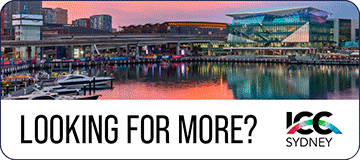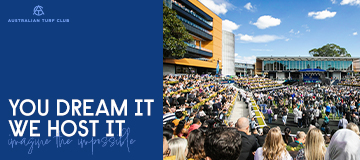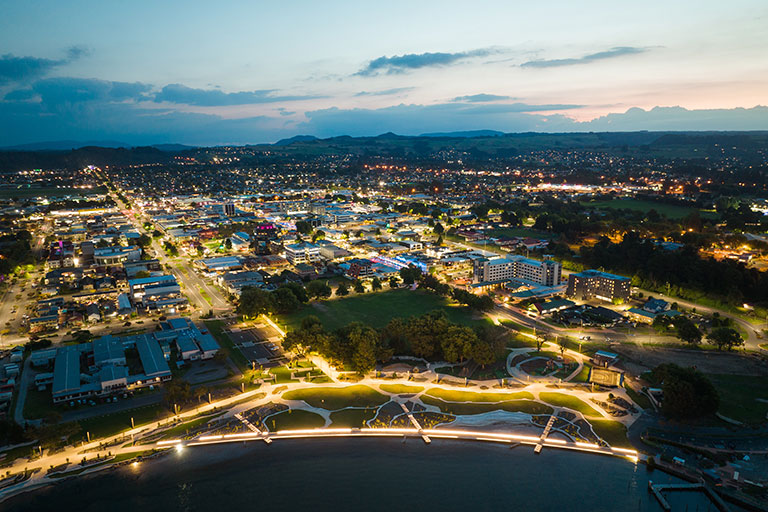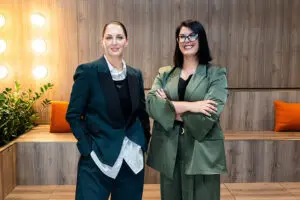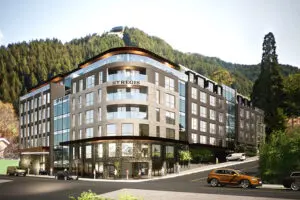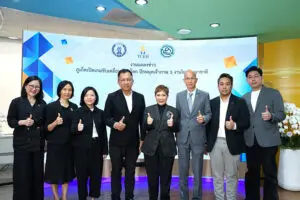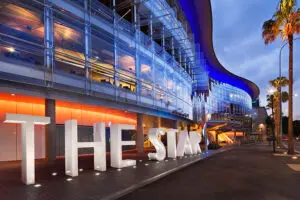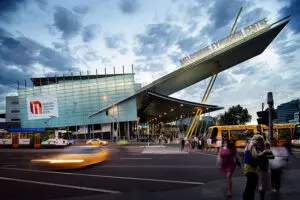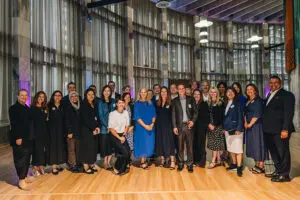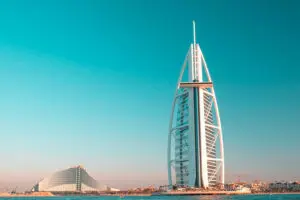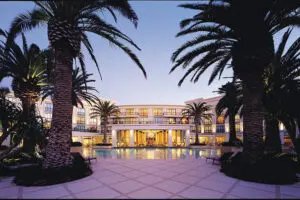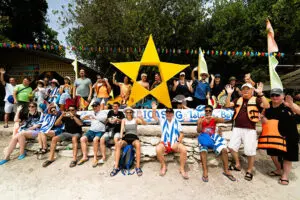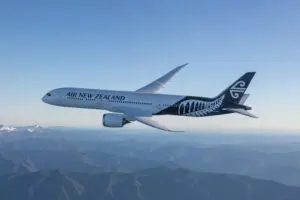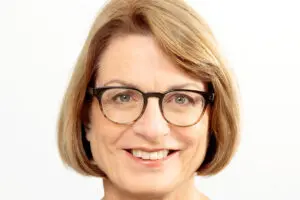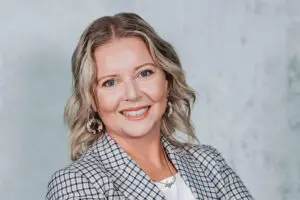The bi-annual conference will bring together health professionals, researchers and advocates in Rotorua in April 2026 to combat the higher incidence of cancer faced by Indigenous communities, including discussing research priorities and approaches to providing culturally considerate cancer care.
In New Zealand, cancer amongst the Māori population is 20 per cent higher than amongst the wider population. In Australia, which has hosted two of the three previous iterations of WICC, cancer incidence and deaths from cancer are also higher amongst Indigenous Australians compared to non-Indigenous Australians.
The bid to bring the conference to New Zealand was led by Hei Āhuru Mōwai Māori Cancer Leadership Aotearoa and had support from both Tourism New Zealand Business Events and RotoruaNZ.
“This conference is about solutions — turning these disparities around and empowering Indigenous communities worldwide,” said Hei Āhuru Mōwai chief executive Gary Thompson.
“We aim to build a strong international network of Indigenous cancer leadership and formalise our collective efforts through the WICC.
“Aotearoa New Zealand has a wealth of knowledge to share in Indigenous cancer care, including Māori providers delivering hauora services. Hauora, our Māori view of health, embraces the physical, mental, social and spiritual dimensions of well-being, placing whānau (family) at the heart of care.
“This holistic approach ensures that hospital cancer services and community providers are seamlessly connected to improve outcomes for our people.
“Through this conference, we aim to share these innovations with other Indigenous nations while learning from their experiences to foster mutual growth and collaboration.”
Thompson said the choice of Rotorua as the conference host was important.
“We were adamant that this conference be held in Rotorua.
“It’s one of the major cultural centres of Aotearoa, and as an Indigenous conference, it’s vital to host it in a vibrant environment that reflects our heritage.
“This is a unique opportunity to showcase the incredible work we’re doing here, while sharing our culture and stories with the world.”
The conference is estimated to be worth NZ$1 million to the New Zealand economy.


